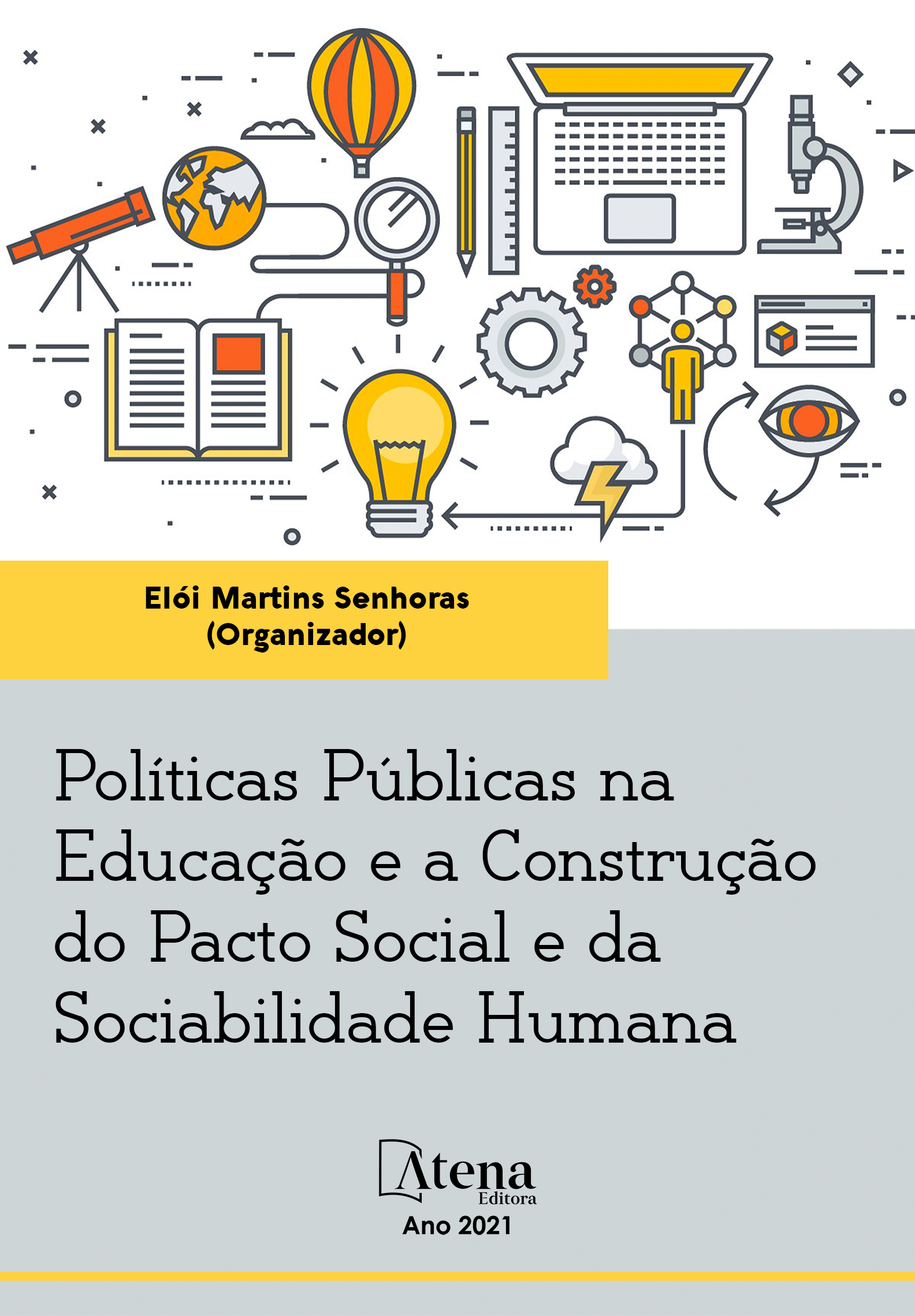
A FORMAÇÃO/ATUAÇÃO DOS PROFESSORES UNIVERSITÁRIOS NO BRASIL E NA ARGENTINA: TITULAÇÕES E CONDIÇÕES DE TRABALHO
A presente pesquisa está baseada na investigação de doutorado da autora, a qual se encontra em andamento, e faz parte do Observatório da formação dos professores no âmbito do ensino de arte: estudos comparados entre Brasil e Argentina (OFPEA/BRARG). A formação do professor formador (professor universitário) é um assunto pouco pesquisado tanto no Brasil quanto na América Latina como um todo. Sendo os professores formadores uma das figuras primordiais para a formação dos demais professores, buscou-se identificar e comparar (1) as exigências legais para a atuação no ensino superior, (2) as titulações máximas, (3) assim como as condições de trabalho desses professores universitários em dois países: Brasil e Argentina, por meio da metodologia de cunho quanti-qualitativo. Os resultados indicam que há muitas diferenças entre as exigências legais para atuação no ensino superior, na titulação e nas condições de trabalho dos professores formadores no Brasil e na Argentina, sendo que, nesse último, a maioria dos professores universitários não possui pós-graduação stricto sensu, até mesmo porque essa não é uma exigência legal do país e as condições de trabalho deles são mais precárias do que a dos professores universitários brasileiros, embora nesse último haja diferenciações entre os que atuam no setor público e no privado. No Brasil, a maioria dos professores universitários possui mestrado ou doutorado, e esse é um requisito na legislação desse país, ocorrendo poucas exceções.
A FORMAÇÃO/ATUAÇÃO DOS PROFESSORES UNIVERSITÁRIOS NO BRASIL E NA ARGENTINA: TITULAÇÕES E CONDIÇÕES DE TRABALHO
-
DOI: 10.22533/at.ed.28421011910
-
Palavras-chave: Formação docente. Professor formador. Titulação. Condições de trabalho. Brasil e Argentina.
-
Keywords: Teacher training. Teacher educator. Academic degree. Working conditions. Brazil and Argentina.
-
Abstract:
The present research is based on this author doctoral research, which is in progress and is part of the Observatory of teacher education in the ambit of art teaching: compared studies between Brazil and Argentina (OFPEA/BRARG). The teacher educator formation (university professor) is an under-researched subject both in Brazil and in Latin America in general. Being that teachers educators are the primary figures for training other teachers, we sought to identify and compare (1) the legal requirements for teaching in higher education, (2) the maximum academic degrees, (3) as well as the working conditions of these university professors in two countries: Brazil and Argentina, both per quantitative-qualitative methodology. The results indicate that there are many differences between the legal requirements for teaching in higher education, the degree and the working conditions of teachers educators in Brazil and Argentina, being that most of university professors do not have stricto sensu graduate degree, even because this is not a legal requirement of the country and their working conditions are more precarious than the Brazilian university professors, although there are differences between those who work in the public and private sectors. In Brazil, most university professors have a master’s or doctoral degree, and this is a requirement in the legislation of this country, with few exceptions.
-
Número de páginas: 12
- Valéria Metroski de Alvarenga


